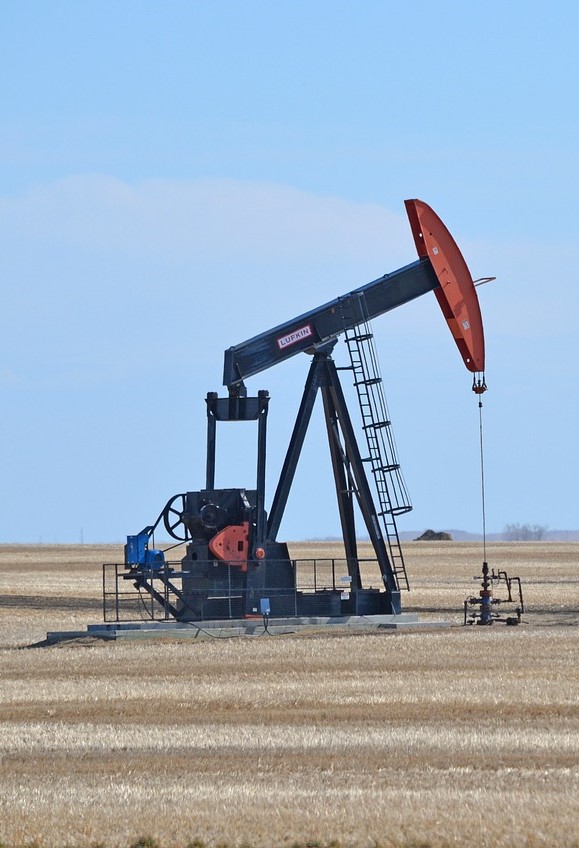Mineral rights are ownership rights of underground natural resources. These resources can include oil, natural gas, and precious metals like gold.
Because it is more common to find underground oil and gas in states like Texas, New Mexico, and Oklahoma, mineral rights could be a valuable asset that you or your family member may be unaware of. But what are mineral rights exactly? How do they work?
Before entering into a mineral rights partnership, Retama first wants to be a resource to anyone considering working with us. Step 1 to achieving that is by providing clear and upfront information on our business.
Mineral Rights Explained
Mineral rights can reference any number of natural resources. However, it is important to know that Retama only works to extract oil and hydrocarbons like natural gas.
Having mineral rights to a parcel of land means you have the right to own, extract, and profit from the natural resources beneath its surface.
But what exactly do we mean by “minerals”? In simple terms, a mineral is any non-living natural substance that can be mined from the ground — although even the Bureau of Land Management (BLM) admits that it is “very difficult to prepare a complete list of locatable minerals.”
Below are some examples of minerals that could be covered by mineral rights, divided into two categories: sedentary (solid) and fluid.
|
Sedentary minerals |
Fluid minerals |
|
Metals |
Oil |
|
Coal |
Natural gas |
|
Gemstones |
|
|
Limestone |
|
|
Gravel |
In the United States, mineral rights can be freely traded between individuals, which is different than countries like Mexico and Norway, where state-owned companies control all the underground resources.
Although the U.S. government owns 755 million acres of onshore mineral estate (mainly in Western States), a huge number of underground resources within the country are owned by private companies and individuals. According to the National Association of Royalty Owners, between 8.5 and 12 million Americans — about 3% of the population — own mineral rights.
Mineral rights are important in the United States because millions of people own mineral rights but very few have the tools to extract the natural resources themselves. Instead of mining their own lands, most owners of mineral rights lease their interests to a private operator and collect royalties on profits made.
Crucially, owning land does not automatically mean you own the minerals underneath it. And if you do, you may share those rights with several other people (siblings, for example). It is therefore important to understand whether you have exclusive mineral rights to a parcel of land before attempting to extract and sell underground substances like stone and gravel or before selling the rights themselves.
You can find out who owns mineral rights on a tract of land via the General Land Office (GLO) Records Automation website or at a state or local office of the Bureau of Land Management.
Mineral Rights and Royalties
Mineral rights are the legal interest in the subsurface of a property. Your mineral rights give you the right to explore, develop, and produce any oil, gas, and/or other minerals that lie below the surface of your property. In some cases, the mineral rights are separated from the surface rights, meaning that one person may own the surface of real property while another owns the minerals beneath the surface.
Royalties are payments to the owner of mineral rights for the privilege of extracting the mineral (oil and/or gas) from the ground based on a mineral lease agreement. The royalty payment is typically based on a portion of earnings from the production of the minerals and varies depending on the type of mineral and the market conditions.
Selling Your Mineral Rights
Most private individuals with mineral rights do not attempt to extract resources themselves because large equipment is often needed. Instead, they lease their interests to operators and then collect royalties on the profits made by those operators.
For some mineral rights owners, royalties are lucrative. For others, mineral rights can generate little income or none at all, depending on what type of and/or the amount of minerals or oil and gas that can be extracted from their land.
The benefits of selling your mineral rights include:
- Lump sum payment: rights exchanged for cash that can be used immediately
- Simplicity: handing over the hassle of ownership to another party
- Tax benefits: sales of mineral rights are taxed as capital gains, not as income, and may be eligible for a 1031 exchange
Retama Minerals works with mineral rights owners to explore the best options for sale. We offer fair prices to individuals who would prefer to cash out than continue managing their own mineral rights.
Partial Sale
Mineral rights don’t have to be owned by a single individual. This allows rights owners to sell only a percentage of their mineral rights.
A partial sale may be preferable for some owners. While the cash lump sum will be smaller, the arrangement allows the rights owner to keep earning a small amount of royalties on mineral extraction and production.
Retama regularly conducts partial purchases, allowing us to work in partnership with the existing rights owner.




